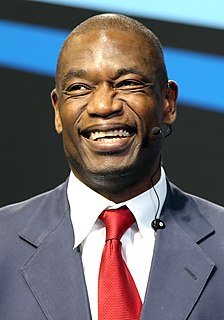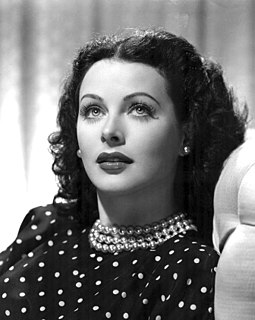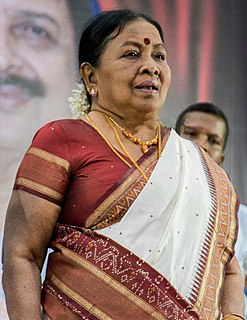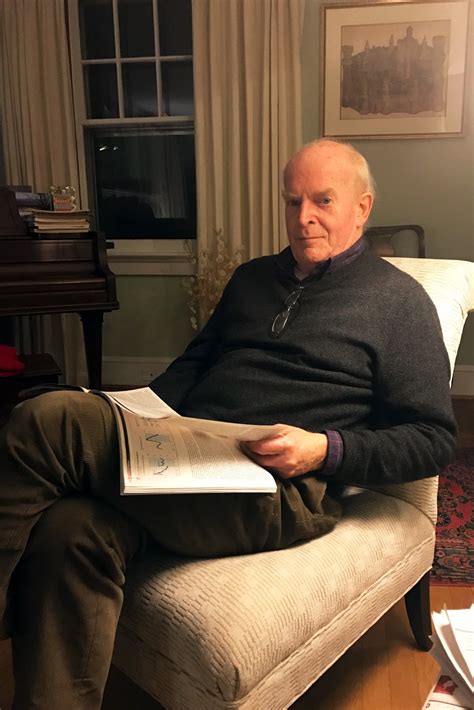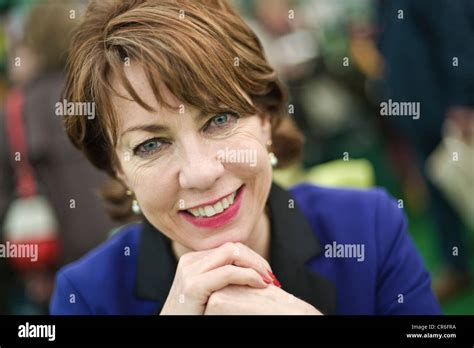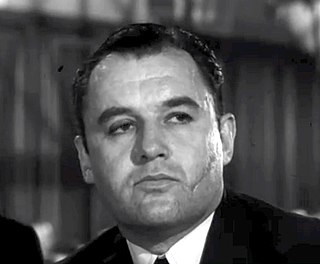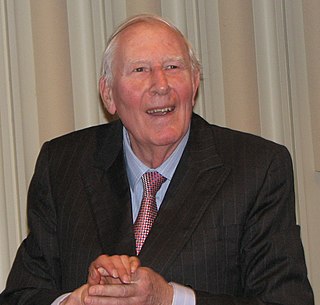A Quote by J. G. Ballard
Medicine was certainly intended to be a career. I wanted to become a psychiatrist, an adolescent ambition which, of course, is fulfilled by many psychiatrists. The doctor/psychiatrist figures in my writing are alter egos of a kind, what I would have been had I not become a writer - a personal fantasy that I've fed into my fiction.
Related Quotes
A comedian is simply a different kind of therapist. A comedian is a psychologist and a psychiatrist rolled into one. Except I can't prescribe medicine. (You still need a doctorate, which is bullshit.) Okay, so I'm not like a psychiatrist. Fine. But I'm still like a psychologist (except I can't diagnose or treat mental illness).
I came to fantasy fairly late. For some ten years, I had been happily writing fiction and non-fiction for adults. But I always loved fantasy, whether for adults or young people; and at that particular point in my life, I wanted to try it, to understand it, as part of the process of learning to be a writer. The results were beyond anything I could have foreseen. As I've said often and elsewhere, it was the most creative and liberating experience of my life.
It had also been my belief since I started writing fiction that science fiction is never really about the future. When science fiction is old, you can only read it as being pretty much about the moment in which it was written. But it seemed to me that the toolkit that science fiction had given me when I started working had become the toolkit of a kind of literary naturalism that could be applied to an inherently incredible present.


